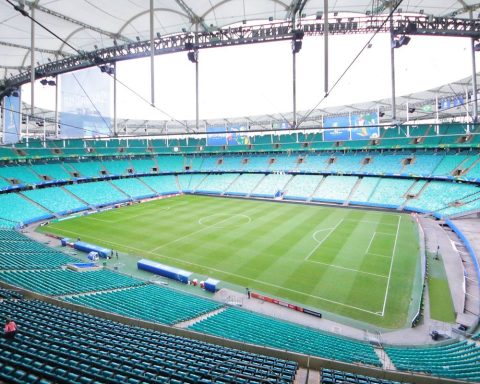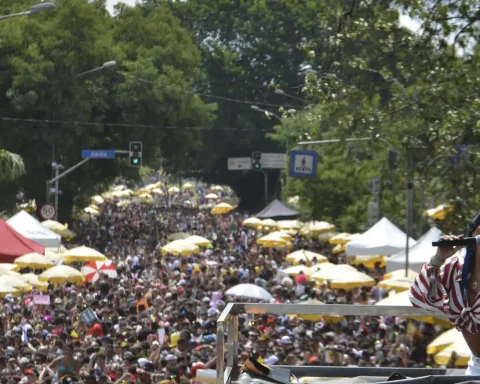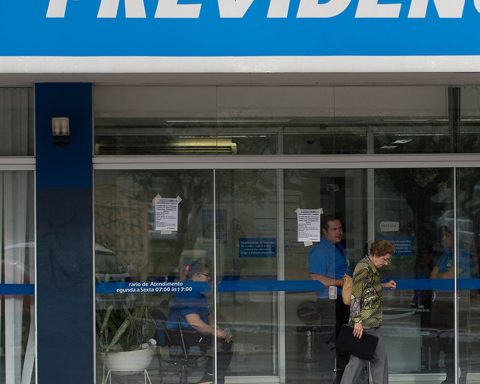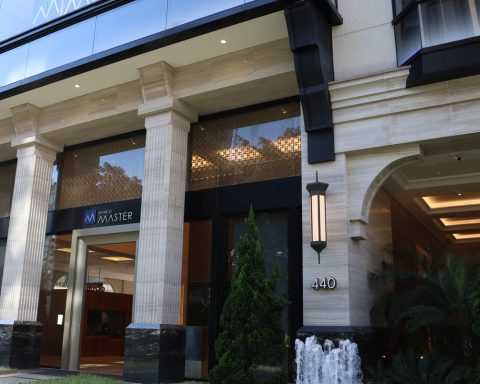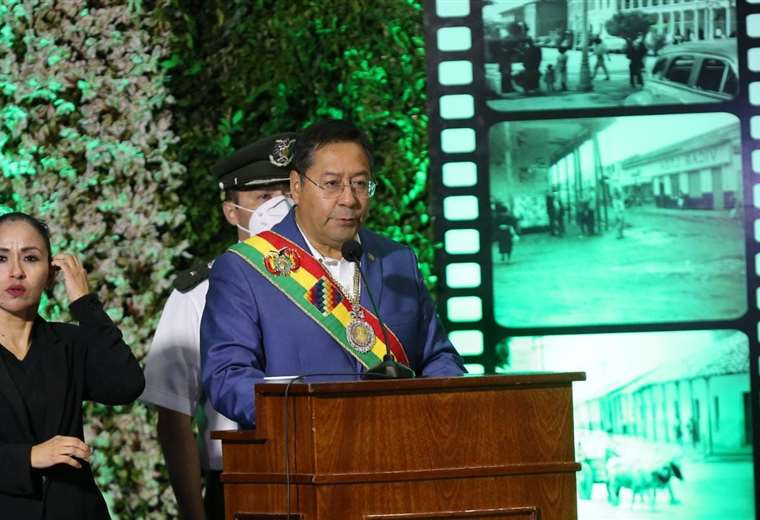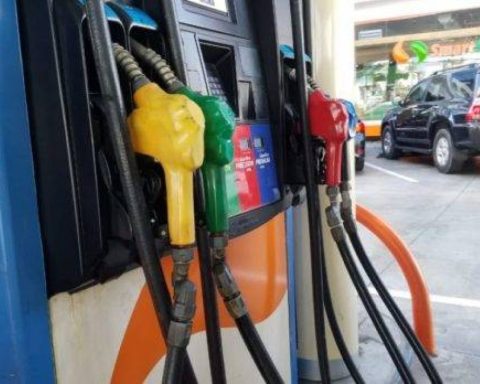For the first time in nine years, public accounts are expected to close in the black. In 2022, the Central Government – National Treasury, Social Security and Central Bank – should obtain a primary surplus of R$ 13.548 billion. This will occur because, in addition to falling expenses, the government has increased its revenue projections.
The estimate appears in the Bimonthly Report on the Evaluation of Revenues and Expenses, sent today (22) to the National Congress. The previous version of the document, released in July, predicted that the Central Government would close the year with a primary deficit of R$59.534 billion.
Since 2014, the Central Government has registered a year-on-year primary deficit. The improvement in the fiscal result is due to both a drop in expenses and an increase in revenues.
Even with the exemptions granted on fuels and industrialized products, gross revenue forecasts jumped R$ 82.197 billion in relation to the previous report, released in July. When discounting transfers to states and municipalities, the estimate of net revenues increased by R$ 69.948 billion.
Regarding spending, the projection for primary expenditures in 2022 fell by R$ 2.954 billion, and should close the year at R$ 1.831 trillion. The estimate for mandatory spending fell to R$ 1.678 trillion, R$ 1.944 billion lower than the projected in July. The forecast of discretionary (non-mandatory) expenditures by the Executive Branch was reduced by R$ 1.01 billion, to R$ 153.236 billion.
Field of Mars
The forecast of a primary surplus will not be higher only because of the agreement that extinguished the debt of about R$ 24 billion of the São Paulo City Hall with the Union in exchange for the extinction of the lawsuit that questions the control of the airport of Field of Mars, in the capital of São Paulo. Were it not for the agreement, the Central Government would obtain a primary surplus of R$ 37.5 billion this year.
The primary surplus represents the saving of resources for the payment of interest on the public debt. The projection, informed the Ministry of Economy, incorporates the approval of the constitutional amendment that increases social benefits and creates aid for taxi drivers and truck drivers. The changes have an impact of R$ 41.25 billion until the end of the year, but these expenses were not affected by the contingency because they are outside the spending ceiling.
The estimate also includes the R$71.56 billion exemptions that came into effect in 2022. Since the beginning of the year, the government has granted several exemptions to stimulate the economy. The measures with the greatest impact are the 35% reduction in the Tax on Industrialized Products (IPI), which will prevent the Union from collecting R$ 23.6 billion this year. In second place comes the exemption on fuels, with an impact of R$ 16.51 billion on government revenues.
total blocks
At the end of March, the government had allocated R$1.722 billion in rapporteur’s amendments. In May, the economic team initially released a blockage of BRL 8.239 billion, but the amount was later reduced to BRL 6,965 billion.
In July, the government made a new lock of R$ 6.739 billion. Since then, there would be a need for a new blockade of BRL 10.5 billion, but as there are BRL 7.865 billion in blocked rapporteur amendments and bench amendments, it was only necessary to block BRL 2.635 billion.
Every two months, the Ministry of Economy publishes the Income and Expenditure Assessment Report, a document that guides the execution of the Budget. Based on forecasts of economic growth, inflation and the behavior of revenues and expenditures, the economic team determines the necessary blockade to meet the primary deficit targets (negative result of government accounts without public debt interest) and the spending ceiling.

